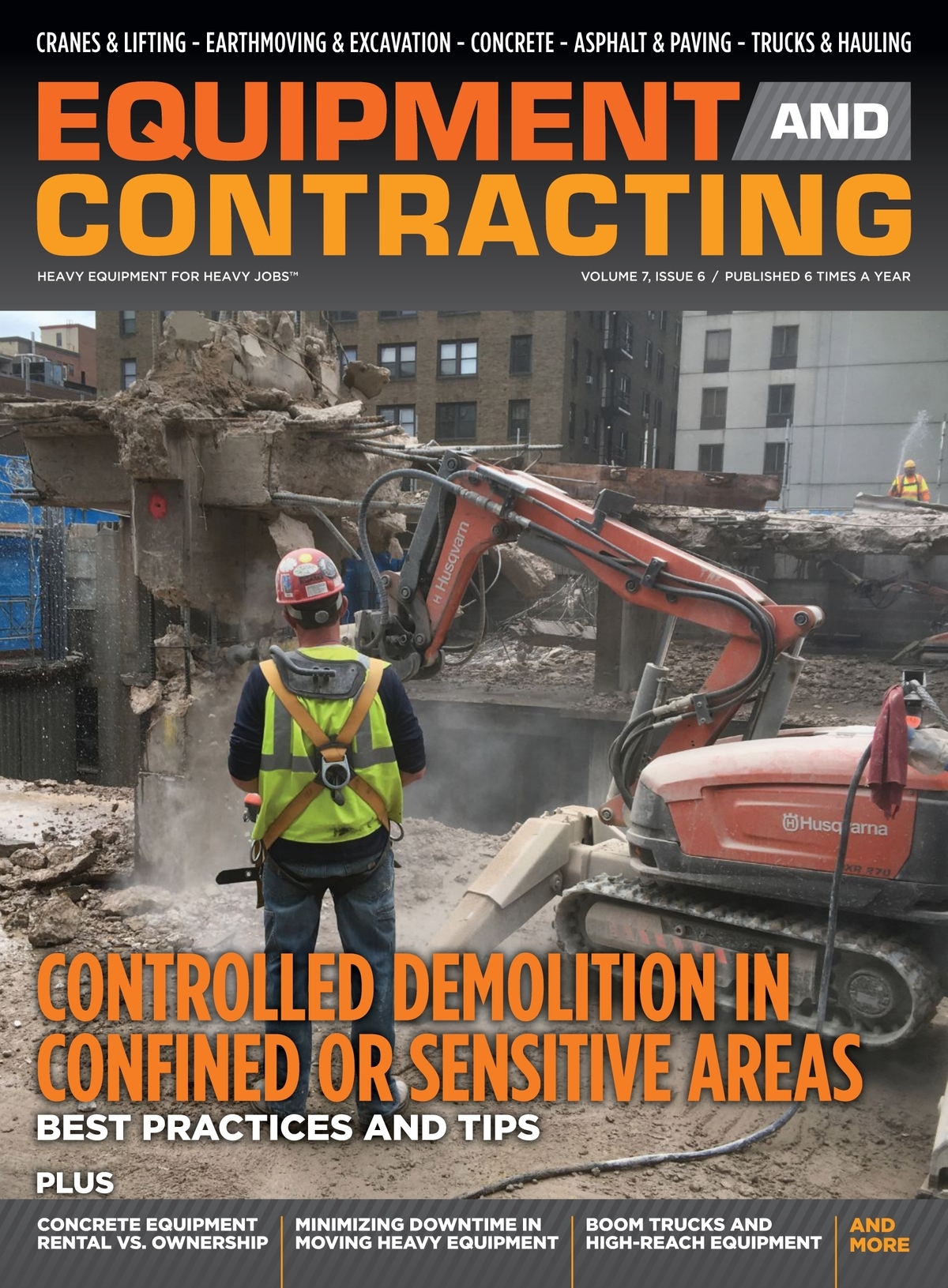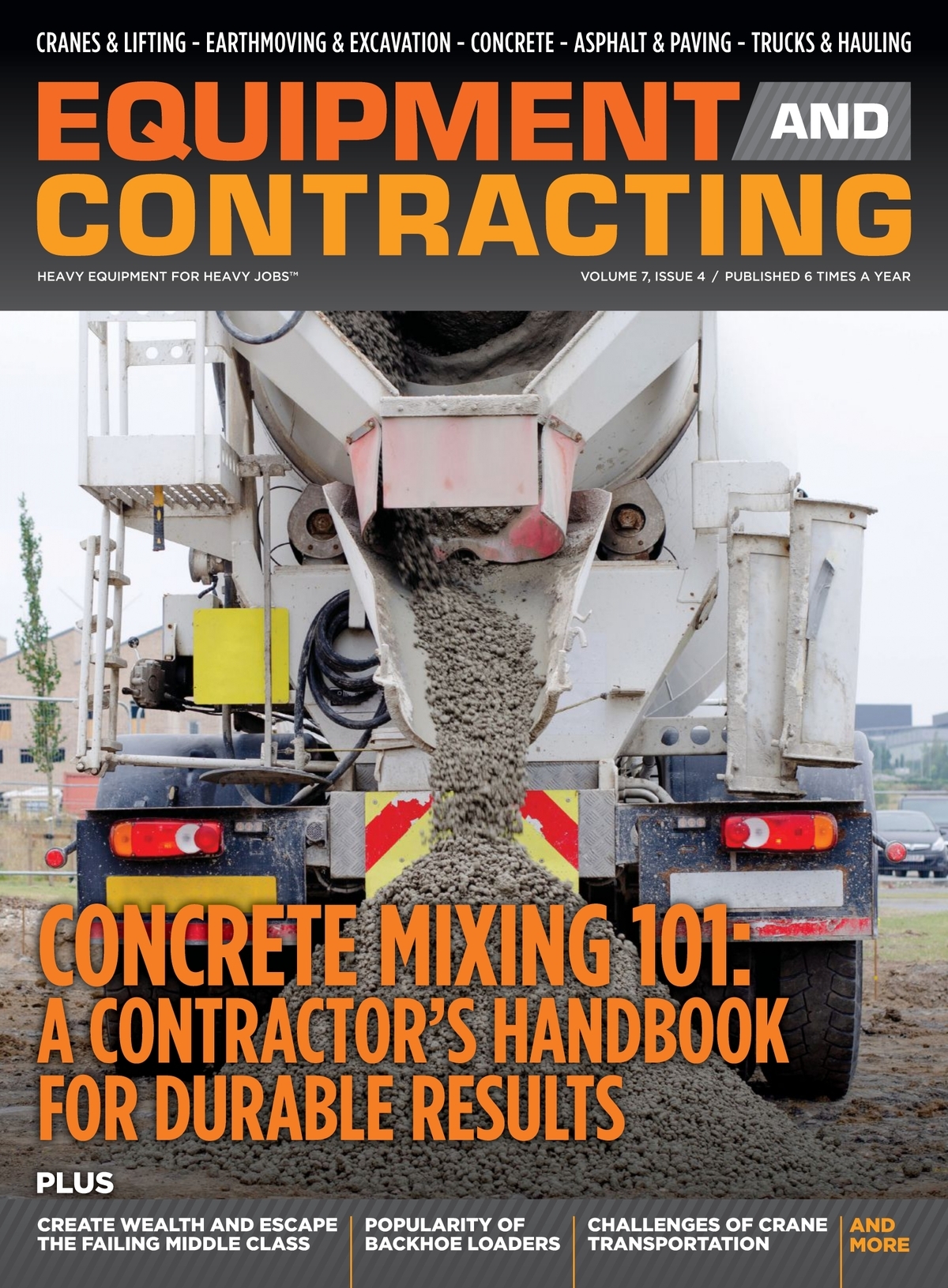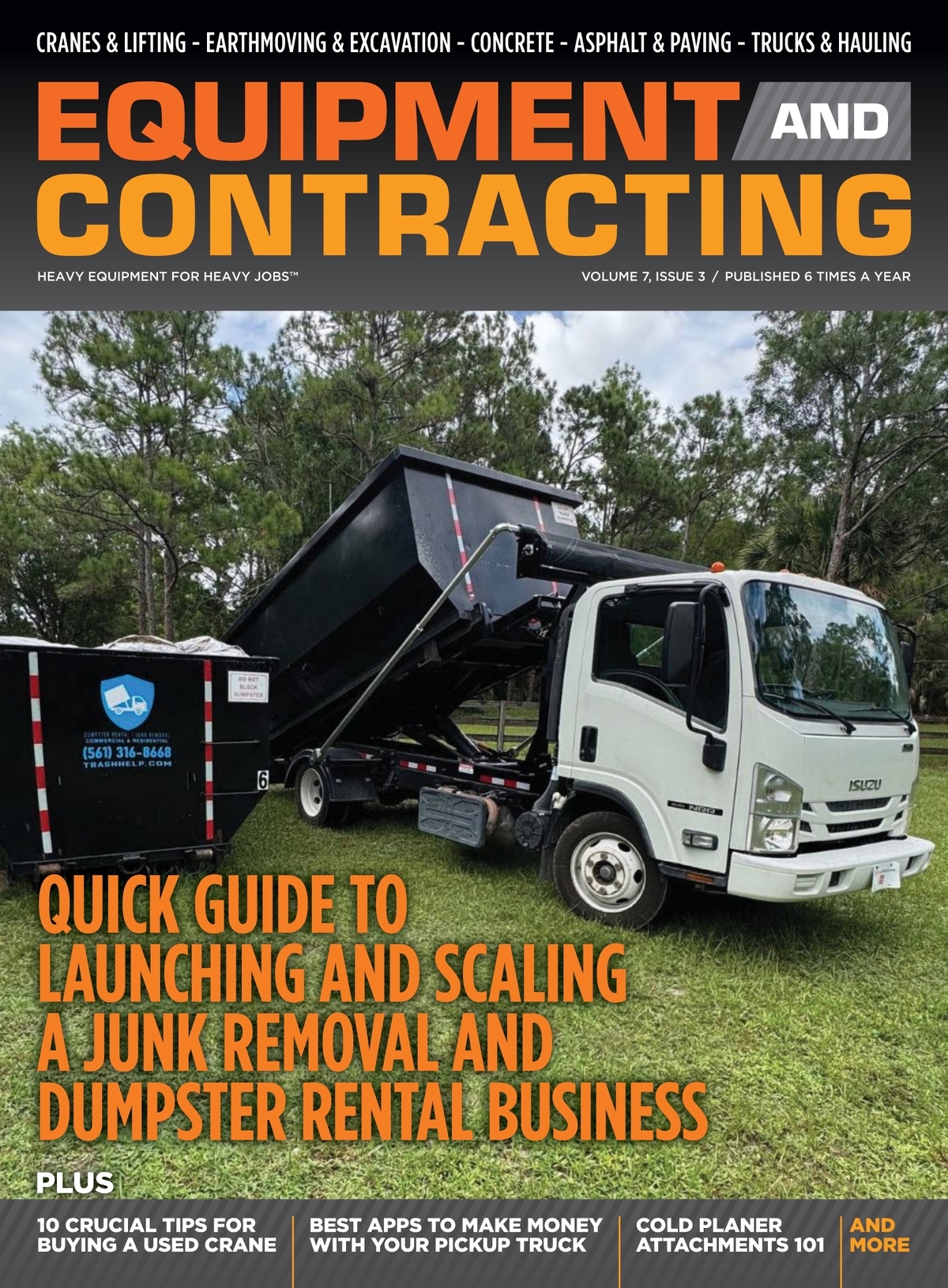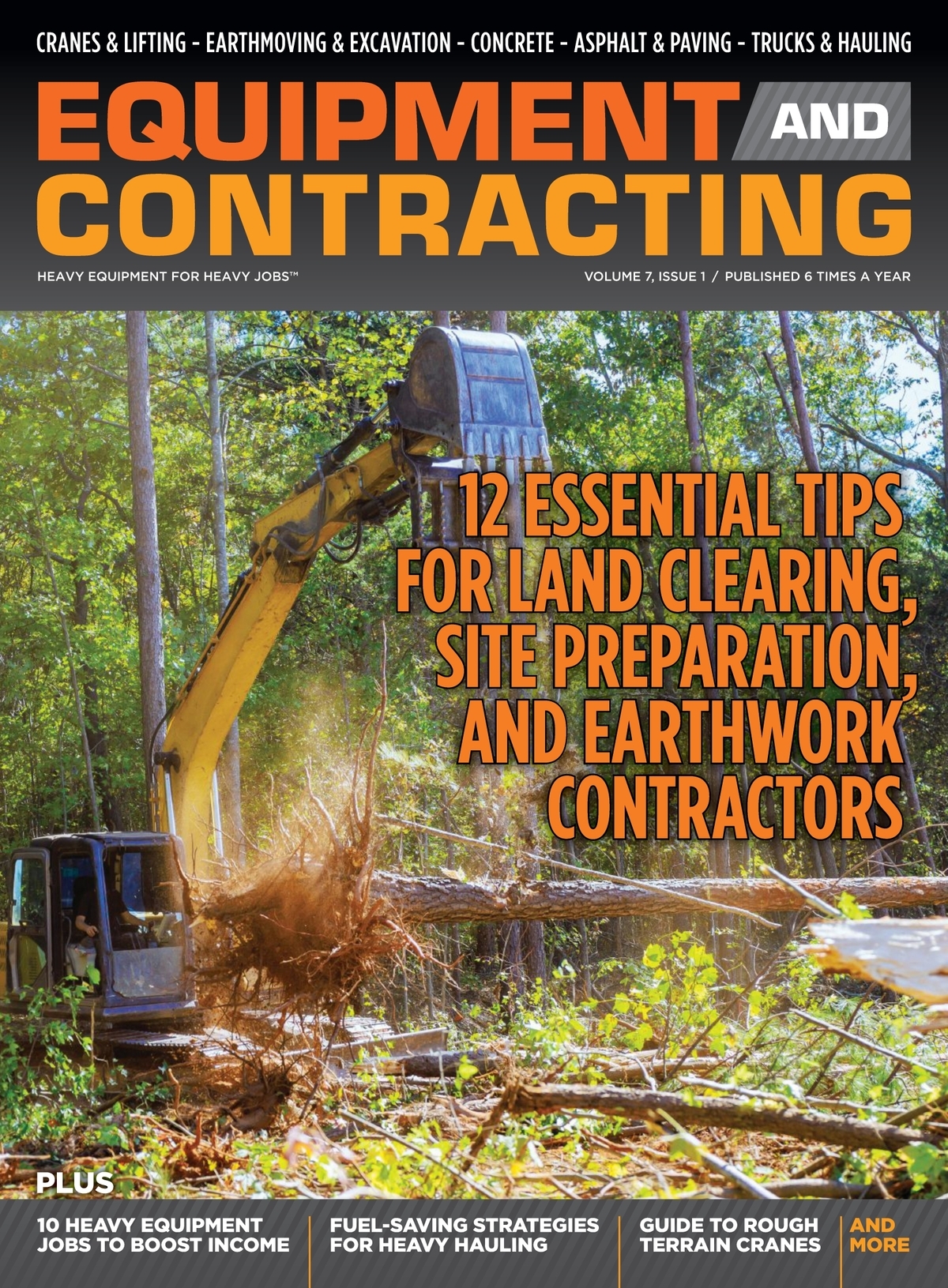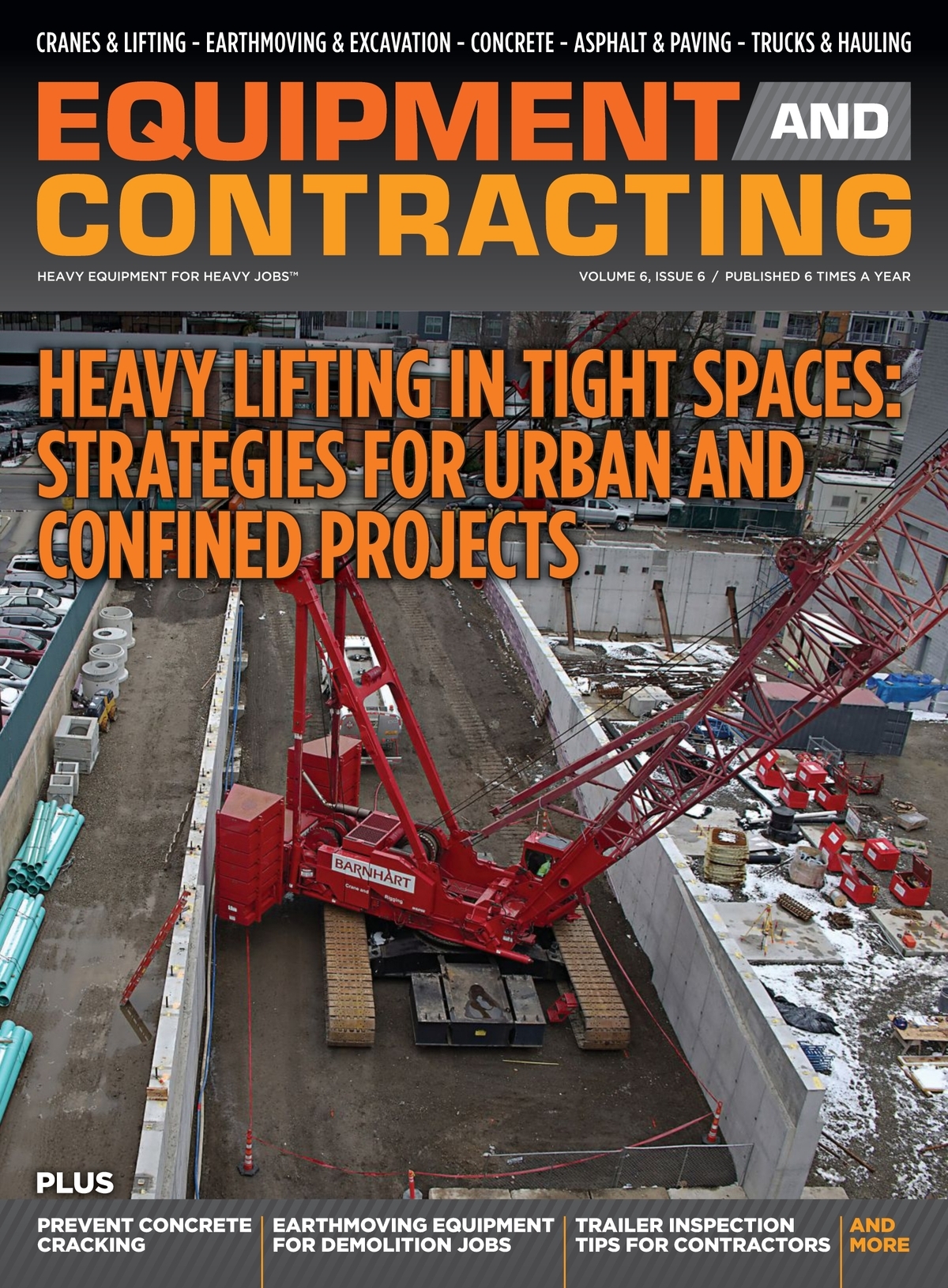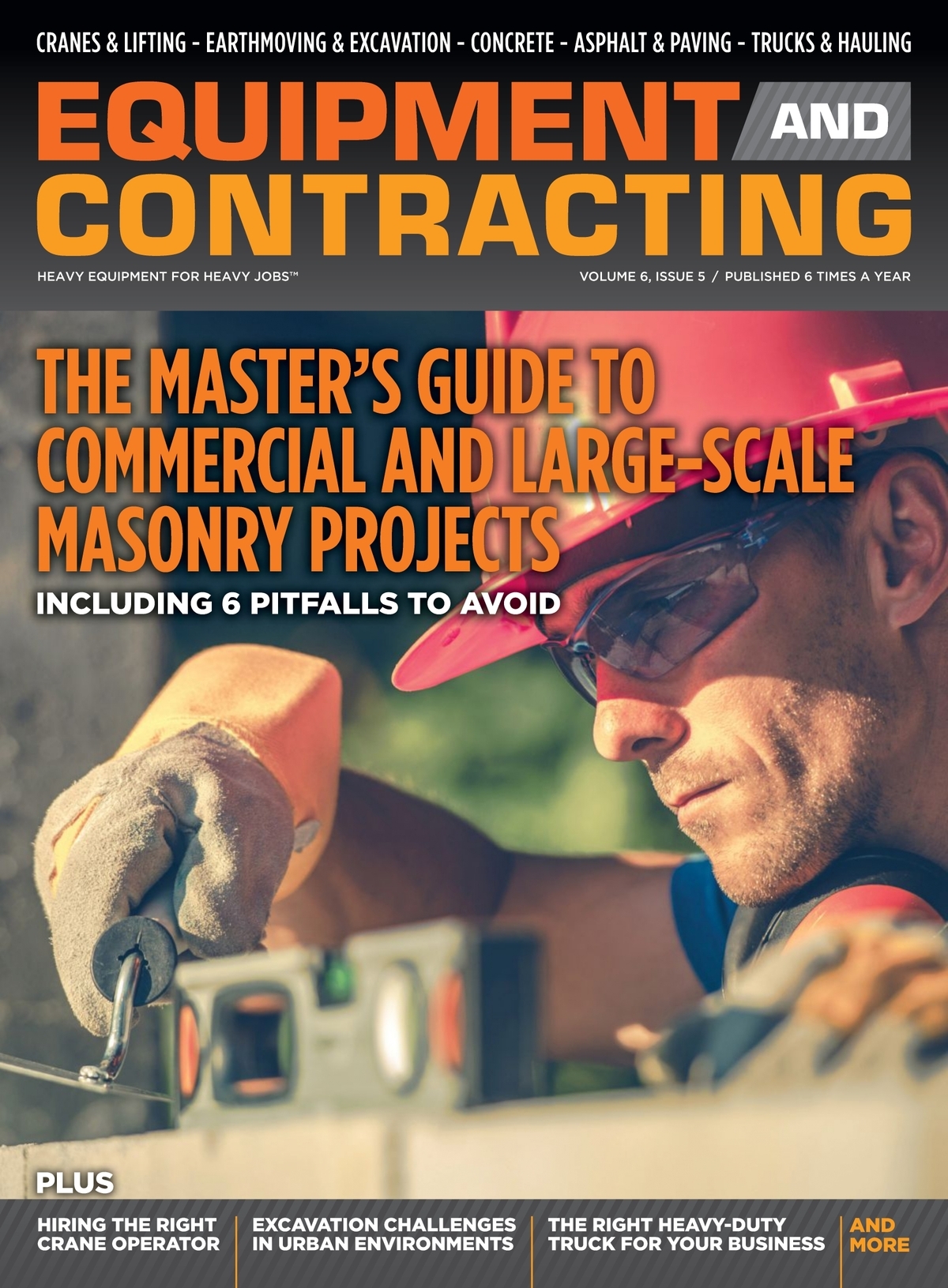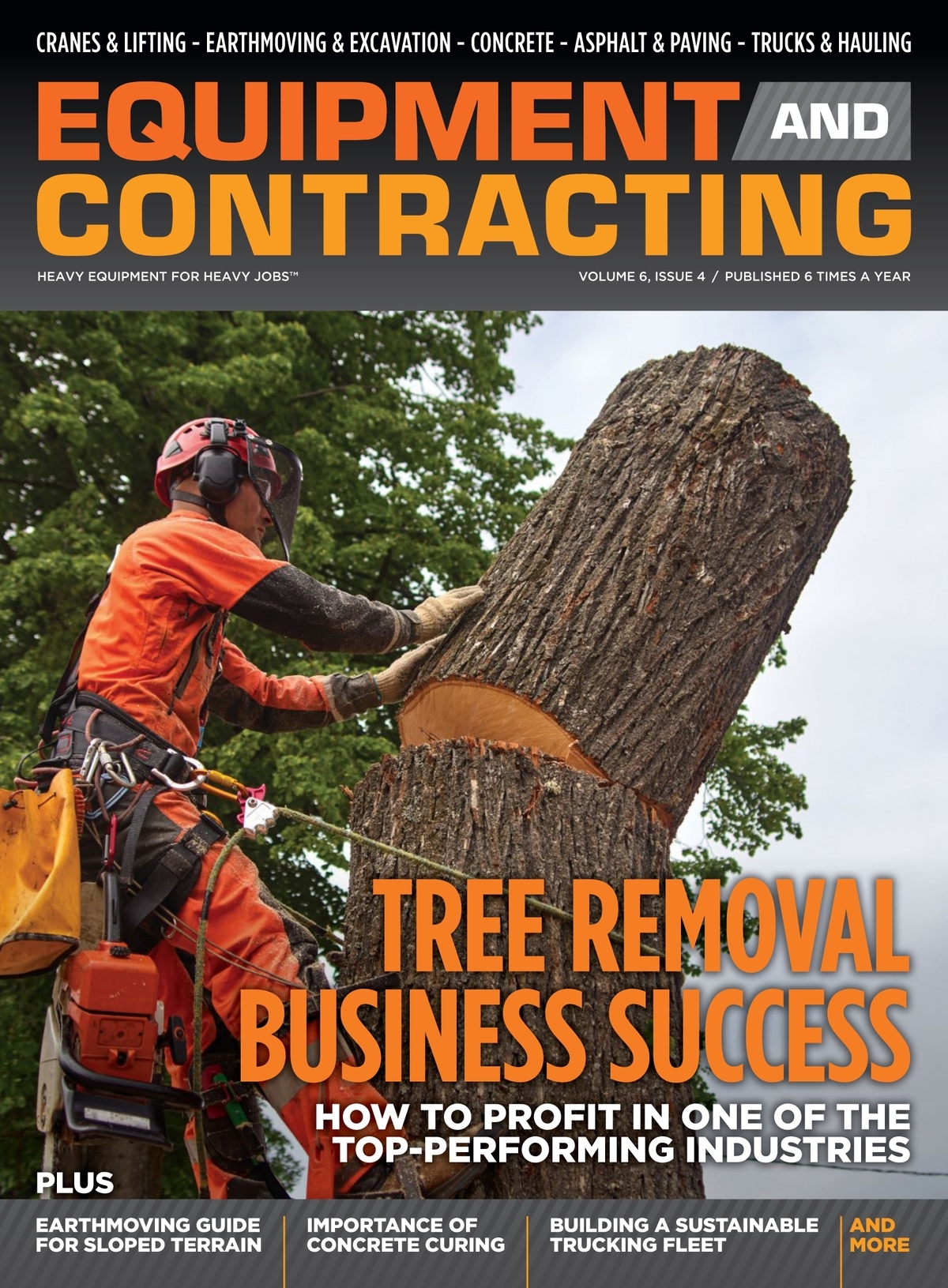
View the complete article here.
In the last few years, there have been far too many devastating stories about asphalt plant explosions. The incidents range from major headaches that stop production and cause delays, to violent events that cost people their lives. No one wants to think about the kind of work hazard that hurts a member of their team, but when working with asphalt plants, it’s happening far too often.
One of the highest-demand areas of new residential, commercial, and transportation construction is obviously in asphalt paving. Renovation and upkeep for road and highway contracts also continue to provide the kind of workload a good asphalt business needs to turn a profit. Unfortunately, the high demand can lead to cutting corners, taking shortcuts, and using unsafe practices that put you and your team at risk.
All it takes is a few highly avoidable mistakes to put a stop to your production. In this article, we’ll take a look at a few common mistakes to avoid so you can keep everything running safely, smoothly, and at optimum output.
What is Asphalt, Anyway?
To the layman, “pavement” is just the hard surface of the ground, whether it’s a driveway, a parking lot, a road, or a highway. But to those in the business, each of those things requires a separate mix and a separate skillset in applying it. Asphalt generally refers to the aggregate mix that is applied as the top layer to most streets and highways. This mixture includes the semi-solid petroleum product that acts as a binder to hold it all together, plus the crushed gravel, rock, and sand that go into that binder, or bitumen.
But all asphalt isn’t the same. There are different combinations made from different amounts of those crushed ingredients, as well as different consistencies of bitumen used to hold it together. The kind of asphalt a road in south Alabama needs will be a lot different from the kind of asphalt on a parking lot in Alaska, for example. At the same time, a parking lot of a big box store, a winding country road, and the runway of an international airport are going to have different needs, too. The key to a successful business is having an asphalt plant that can mix the right combination for the job and produce a pavement that lasts.
An Asphalt Business is a Sure Thing, Right?
New construction means new asphalt paving, so there are countless contracts waiting for the right company to snap them up. Of course, asphalt pavement is also a product that’s going to wear out and need to be replaced eventually. For any businessperson with the right know-how, right contacts, and right equipment, an asphalt business is just money in the bank and job security.
But only if you know what you’re doing, and that means keeping your asphalt plant up and running.
Common Mistakes Don’t Have to Be Common
There are dozens of ways that asphalt paving can go wrong, leading to poor finished product and even unsafe conditions. But those problems are for the paving crew to worry about—and you can bet that they do worry. Everything from operator error on the compactor to uneven preparation of the road before the asphalt is applied can lead to costly mistakes.
But before those problems come up, it’s your job at the asphalt plant to make sure you’re putting out a high-quality product that won’t contribute to their problems. Here are several mistakes to avoid that can keep the fallout from coming back on you if there are problems.
Mistakes Will Lead to Downtime at Your Plant
The very first thing you need to make sure of is that you aren’t losing money while trying to make money. That sounds pretty obvious, but far too often, the mistakes at the plant could have been avoided if someone had paid attention and spent a little bit of money in maintenance and upgrades. Unfortunately, a lot of mistakes happen because someone was too focused on making money and not focused enough on all the other factors—upkeep, work time, hiring enough operators, and more—to make things run right.
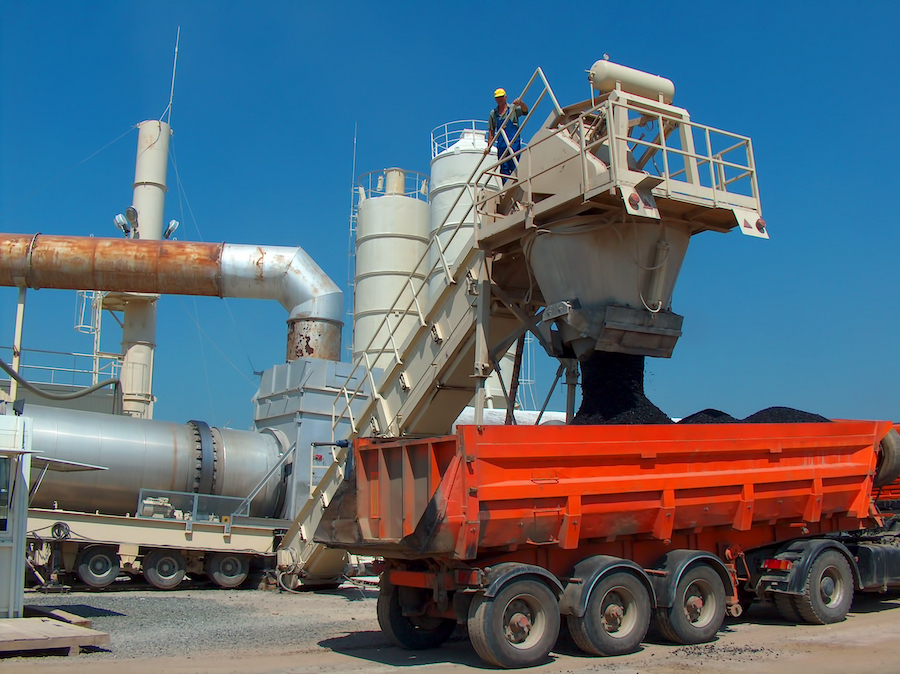
Mistake #1 – Grease
The mistake isn’t having too much grease, it’s not having enough of it and not having it where you need it. Get it everywhere. If you don’t have enough grease, nothing is going to move right and your quality and operation will suffer. If it’s feasible, consider investing in an automatic lubrication system for your plant that will save you time in the long run and save you money almost right away. More importantly, an automatic system means lubrication can happen even while your plant is running instead of having to wait until things are shut down to let your team handle it.
Mistake #2 – The Wrong Equipment for Your Needs
Too often, the wrong kind of equipment for your mix can lead to a poor-quality product and frequent wear and tear. Making sure that you have the right kind of asphalt plant for your production needs is going to help you stay in the black… and stay in business.
ADM, or Asphalt Drum Mixers, has a wide variety of plants and products to meet your needs and help you produce the right mix. They’ve been making plants and components for almost fifty years, and their portable, skid-mounted, and relocatable plants means you will never have to wonder if your equipment is right for you and your business.
Mistake #3 – Inspections
No matter what kind of business you run or equipment you rely on, you have to inspect it for problems. Asphalt plants are obviously no exception. But do you know what you’re looking for? The burner, silos, drum, transfer conveyor, slatt (especially the sprockets and chains), baghouse, screen, and hot oil heater all have to be inspected regularly to make sure everything is working and nothing is on the brink of giving out. As with any other component, fixing a problem at the very start can prevent expensive repairs or replacement and keep you from experience shutdowns, so make sure that monthly inspections are a routine thing.
Mistake #4 – Operator Error
You can’t sacrifice time in order to produce a higher volume load faster. That should fall under common sense advice, but too often, consultants pinpoint overloading the plant as the cause of an expensive component failure. Your team might just be trying to get a good volume of product out the door, but if they’ve overloaded your plant, it’s going to slow things down in the long run. A good rule of thumb: if you can literally hear the bearings working too hard, things are about to go very wrong. This kind of operator error actually leads to the next mistake…
Mistake #5 – Not Being Upfront
If you do have to call in an expert to diagnose a problem with your asphalt plant to get it working again, you have to tell them upfront about any issues you’re having… even if you’re the one who caused them. One consultant pointed out that the bulk of his time (and the bulk of the bill) was from having to troubleshoot someone’s asphalt plant only to discover the owner had rigged something himself. In some of those cases, this little DIY setup was actually dangerous, to the point of being potentially life threatening. If you’ve been working on your equipment yourself, let the consultant know before he has to go looking around. He’s going to find it anyway, but you’re going to pay for his time while he’s on the hunt.
Keeping Everything in Good Working Order
Your asphalt plant is your bread and butter, and you have to treat it that way. It’s at the heart of what you do, but it can’t do its job if you’re not doing yours. Regular maintenance and inspections, having the proper plant for the mix, and making sure you’re doing things the right way will keep your plant up and running instead of leaving you sitting around with no product.
View the complete article here.
Why is grease crucial in asphalt plant operations, and what are the consequences of inadequate lubrication?
Adequate grease is essential for proper movement and operation in an asphalt plant; insufficient lubrication can lead to compromised quality, operational issues, and increased wear, emphasizing the importance of using enough grease and considering automatic lubrication systems.
How can selecting the right equipment for an asphalt plant prevent quality issues and frequent wear and tear?
Choosing equipment that aligns with production needs and mix requirements is crucial to avoid poor-quality asphalt production and frequent equipment breakdowns; Asphalt Drum Mixers (ADM) offers a range of plants and components tailored to specific needs, ensuring optimal performance and longevity.

